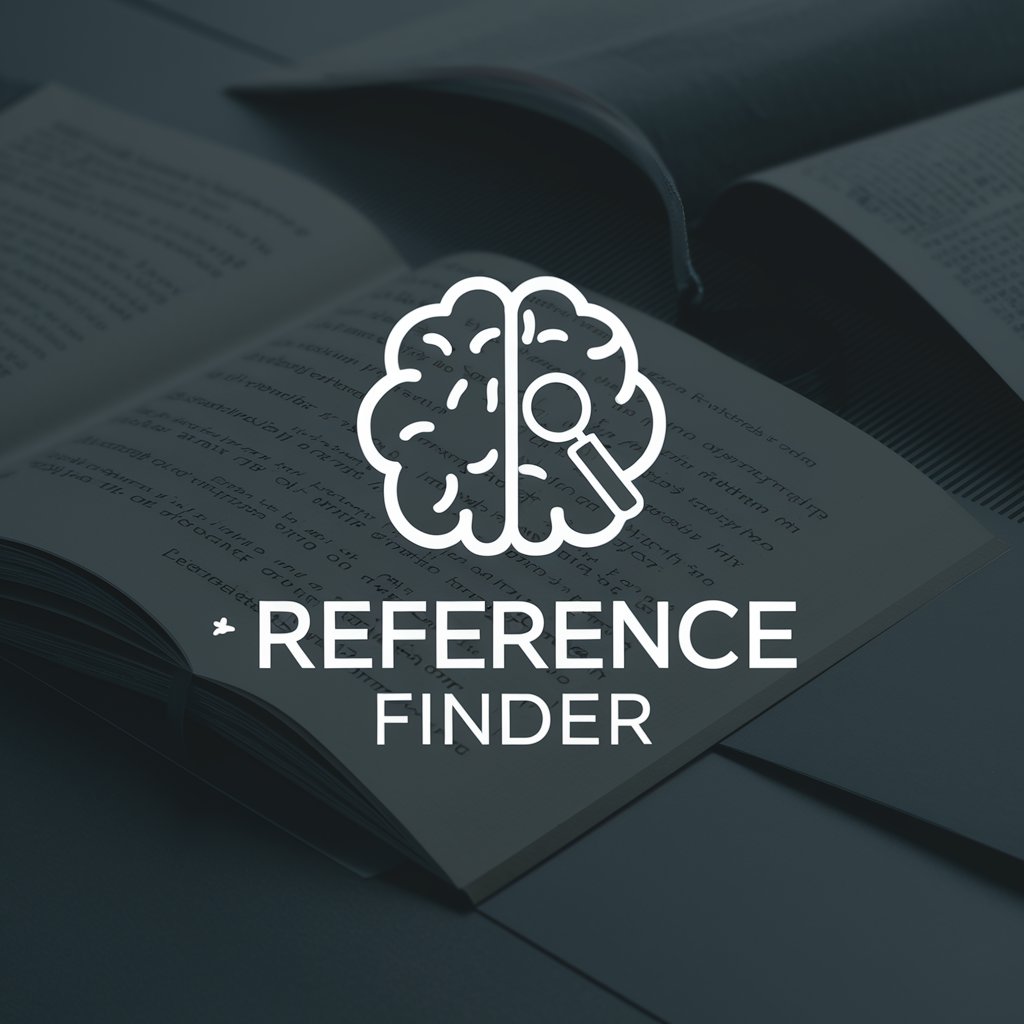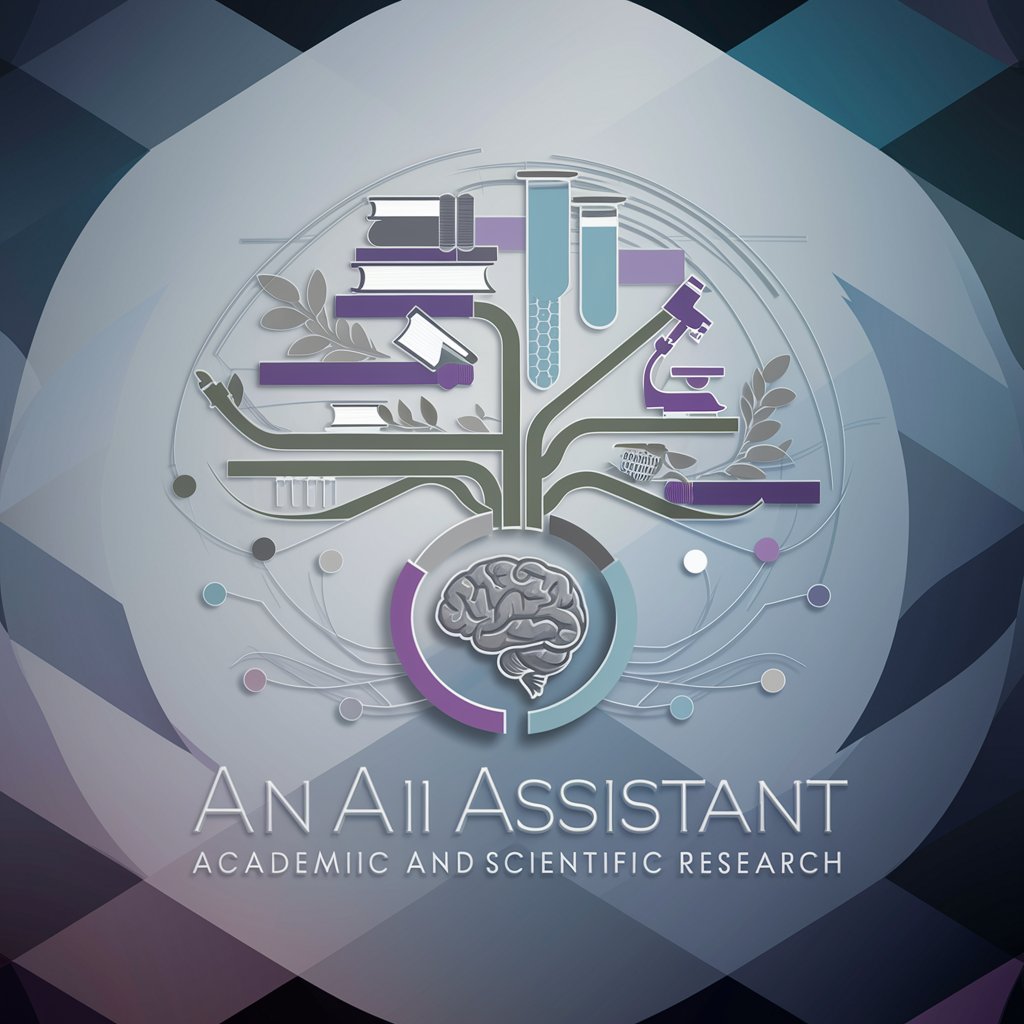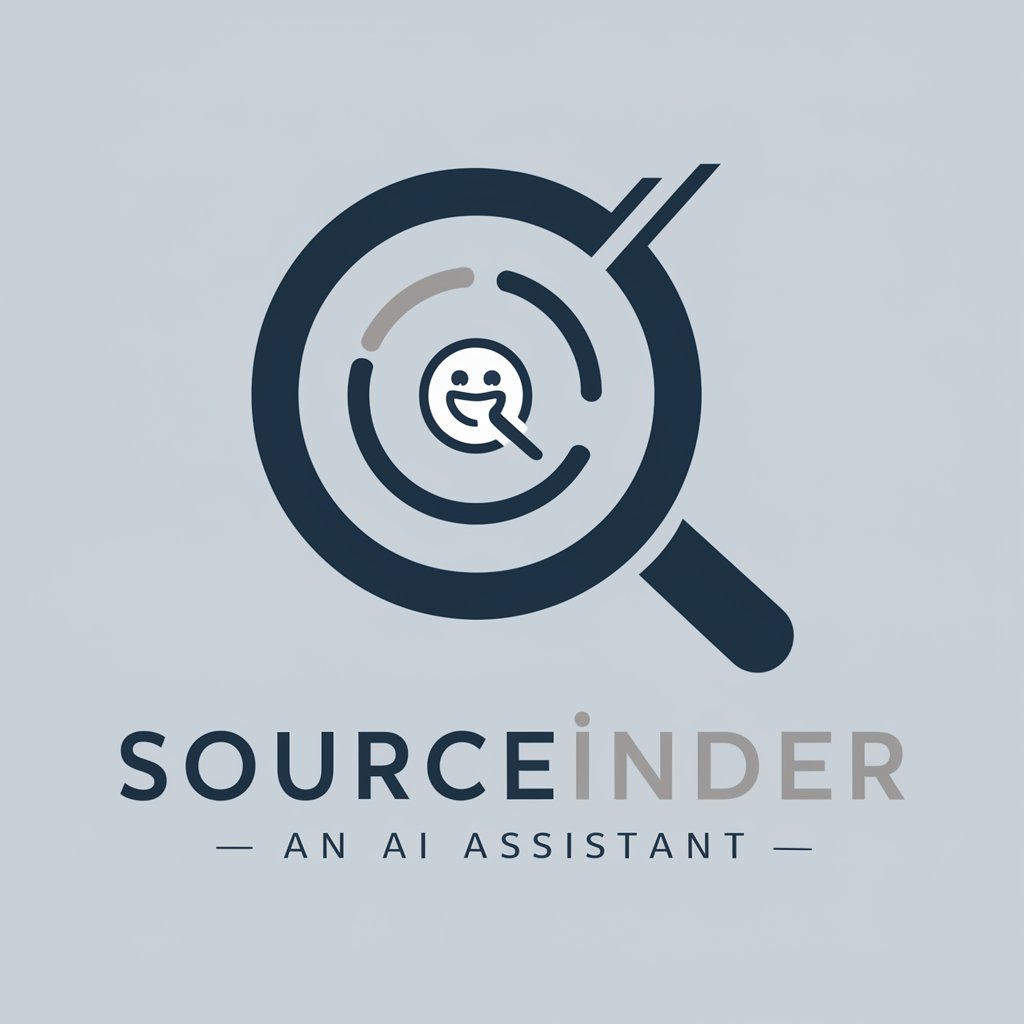
Journal Finder Pro 1.0 - Journal Recommendation Tool
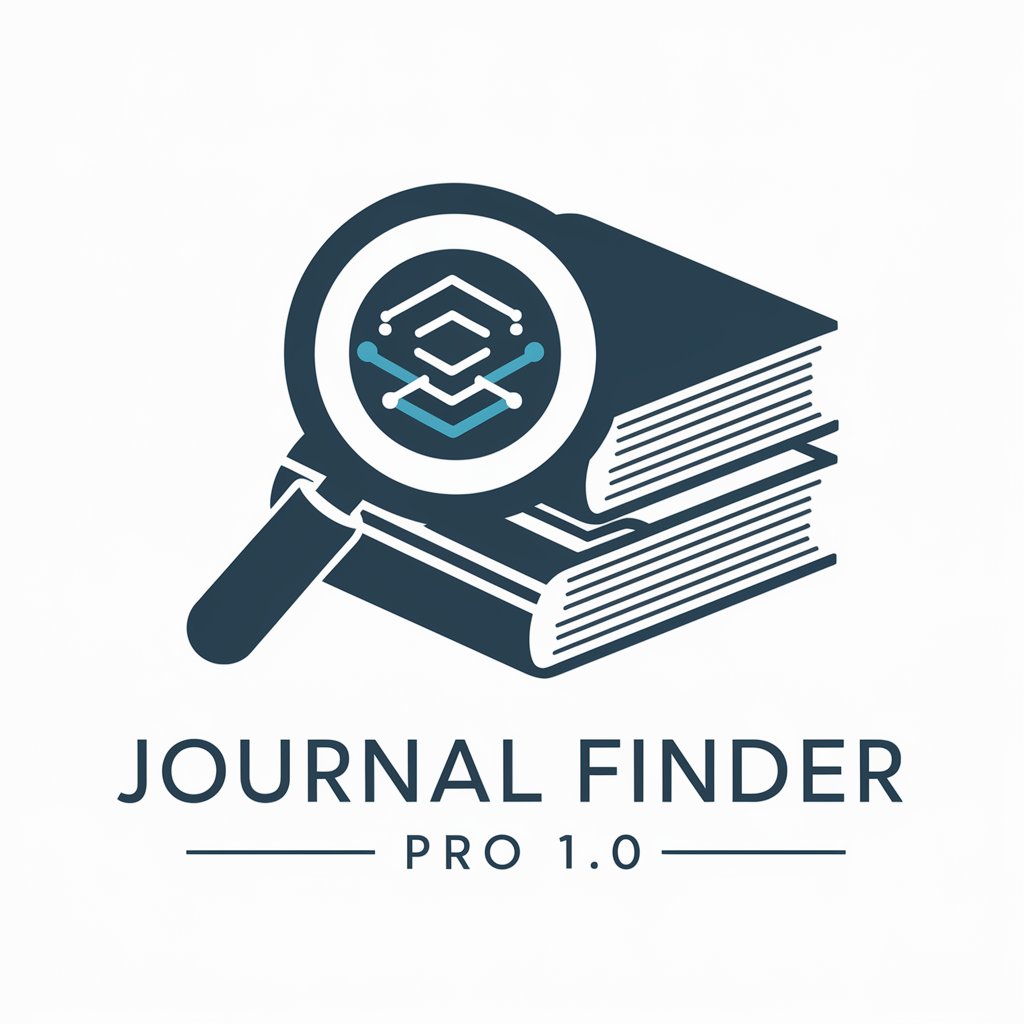
Welcome! Let's find the perfect journal for your research.
Optimize publishing with AI-driven insights
Analyze my research paper and suggest suitable journals.
Find the top scientific journals for my article on [topic].
Help me identify high-impact journals for my submission.
Which journals match my research focus on [specific field]?
Get Embed Code
Overview of Journal Finder Pro 1.0
Journal Finder Pro 1.0 is designed to assist researchers and academics in finding the most appropriate scientific journals for their manuscripts. The core function is to analyze the content of research papers and provide recommendations for suitable journals. This system uses advanced algorithms to match manuscripts with journals based on topic relevance, impact factor, quartile ranking, and other bibliometric indicators. For instance, a user could input an abstract related to oncology research, and Journal Finder Pro 1.0 would suggest relevant oncology journals ranked by suitability and impact factor. Powered by ChatGPT-4o。

Key Functions of Journal Finder Pro 1.0
Journal Matching
Example
Inputting an abstract about renewable energy, the system will recommend journals like 'Renewable Energy' or 'Energy Policy' based on their match score.
Scenario
A user who has completed a study on solar panel efficiency wants to publish their findings. Journal Finder Pro 1.0 would analyze the abstract and keywords, and suggest journals that frequently publish similar topics.
Impact Factor and Quartile Ranking
Example
Provides a list of journals with their respective impact factors and quartile rankings.
Scenario
An academic seeks to publish in a top-tier journal to meet tenure requirements. They would use Journal Finder Pro 1.0 to filter journals in the top quartile of their field.
Access to Journal Details
Example
Each journal suggestion includes details such as the publisher, indexing status, and direct link to the journal's homepage.
Scenario
A researcher wants to check the submission guidelines and indexing status of suggested journals to ensure compliance with their funding body's requirements.
Target User Groups for Journal Finder Pro 1.0
Academic Researchers
This group includes university faculty, postdoctoral researchers, and graduate students who need to publish their research to advance their academic career or fulfill degree requirements. They benefit from Journal Finder Pro 1.0 by identifying journals that match their research focus and have a suitable impact for their career progression.
Research Institutions
Research institutions and libraries that support researchers in publishing their work can utilize Journal Finder Pro 1.0 to advise on the best publication strategies. This is particularly valuable for enhancing the institution's research output and reputation.
Funding Agencies
Funding agencies that require grant recipients to publish their findings in reputable journals can use Journal Finder Pro 1.0 to verify suitable publication venues and ensure compliance with open access mandates.

How to Use Journal Finder Pro 1.0
Step 1
Visit yeschat.ai to explore Journal Finder Pro 1.0 with a free trial that requires no login or subscription.
Step 2
Input the abstract or a brief description of your research paper into the provided text field to begin.
Step 3
Review the list of journal suggestions, which includes match scores, impact factors, and other relevant details.
Step 4
Use the provided links to access journals directly and read their submission guidelines.
Step 5
Optimize your use of the tool by refining your query based on initial results and feedback from the system.
Try other advanced and practical GPTs
Meme Generator
Create, Customize, and Share Memes Instantly

Tech Code Mentor
AI-Powered Programming Assistance

プログラミングマスター
Your AI-powered Programming Guru
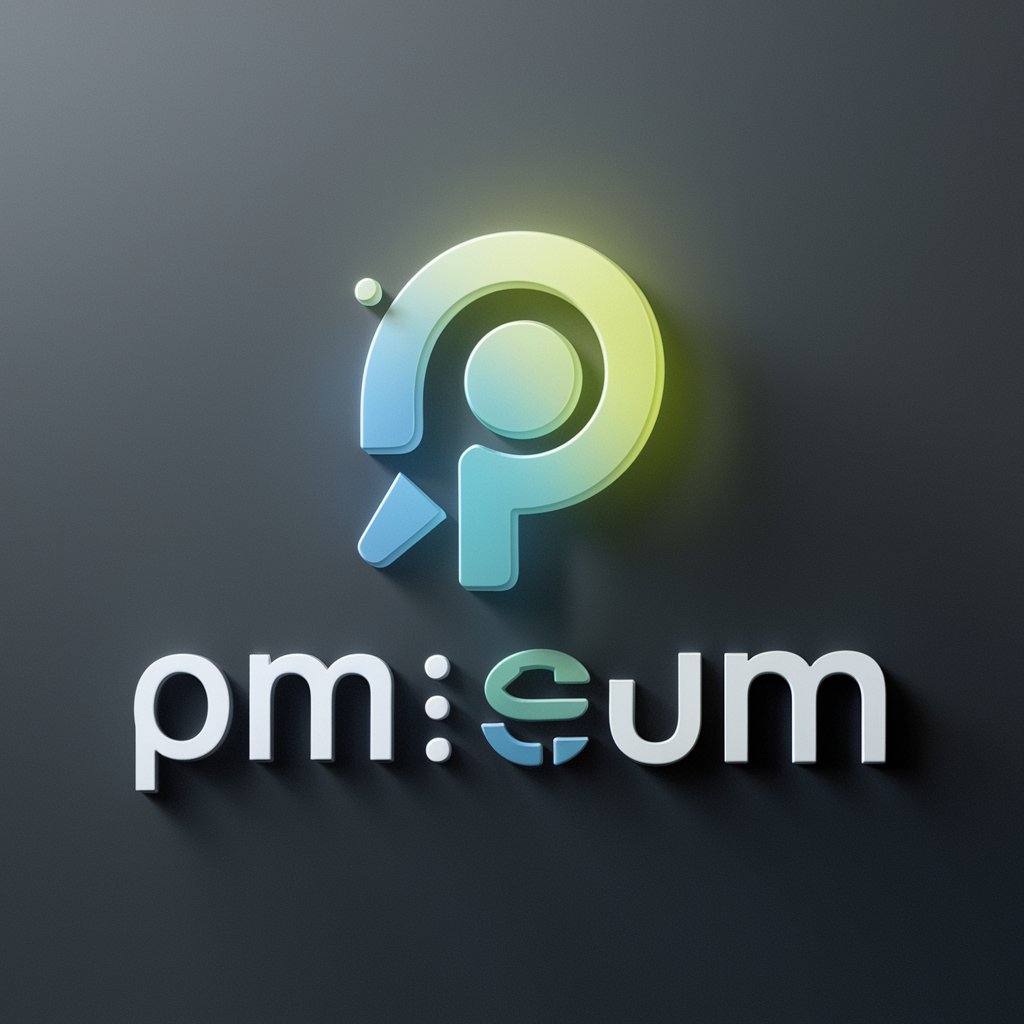
GPT Creator
Craft Your AI, Enhance Your Interactions
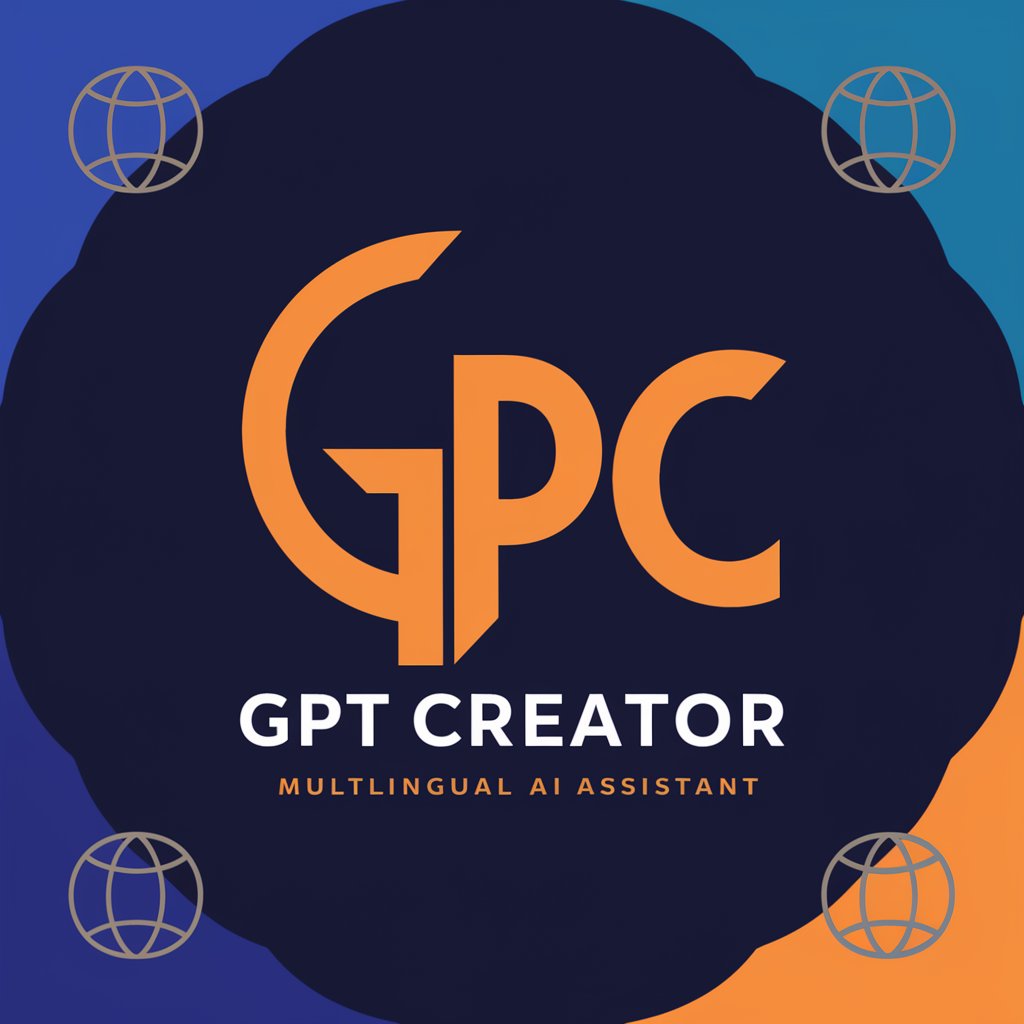
Power BI Pro
Empower Decisions with AI-Driven Insights
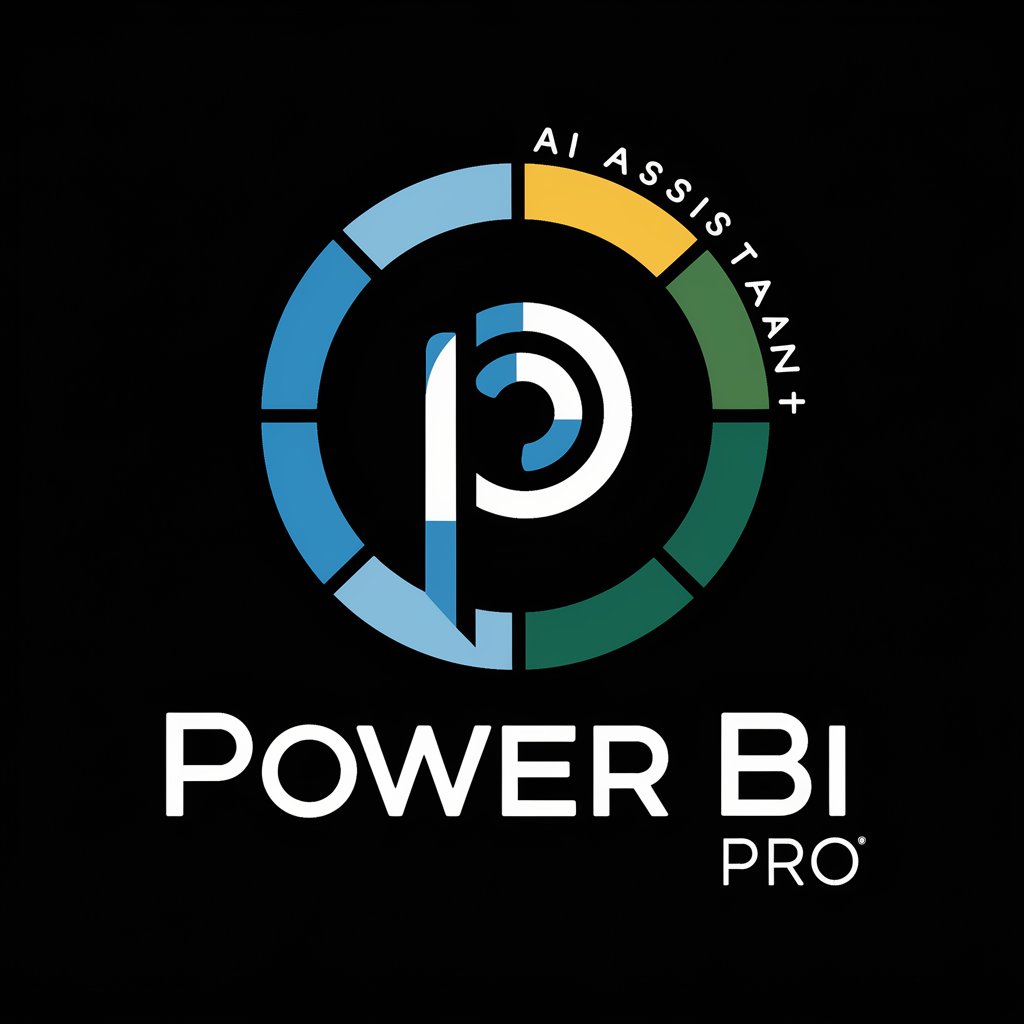
Code Companion
Your AI-Powered Code Mentor

👌Academic Assistant Pro
Empower your academia with AI

Cyberpunk Red
Dive into a futuristic role-playing experience

Blockchain and Finance Sage
AI-Powered Finance and Blockchain Expertise

Suno.ai Song Descriptions & Lyrics
Craft Your Music with AI-Powered Songwriting

Serial entrepreneur
Empowering startup success with AI-driven insights.

Traductor Italiano
Seamless Translation, AI-Powered
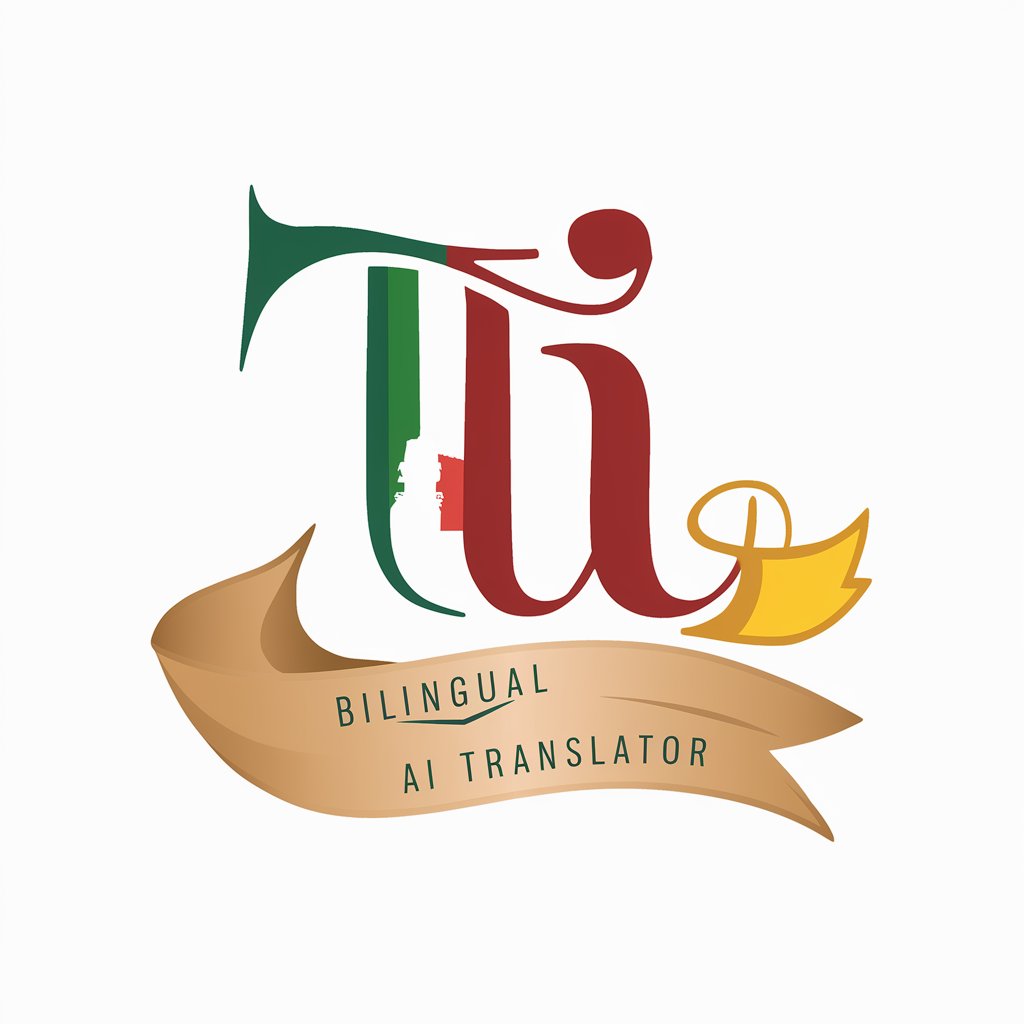
Frequently Asked Questions About Journal Finder Pro 1.0
What makes Journal Finder Pro 1.0 different from other journal recommendation tools?
Journal Finder Pro 1.0 utilizes advanced AI to analyze your manuscript's content and contextually match it with appropriate journals. It provides a detailed list of potential journals, including match scores and editorial details like impact factors and indexing, ensuring a precise and relevant selection.
Can Journal Finder Pro 1.0 help with interdisciplinary research?
Yes, it is designed to handle interdisciplinary research by analyzing the content of your paper and matching it with journals that have published related interdisciplinary work, thereby broadening the scope of potential publications.
Does this tool provide information about open access journals?
Yes, Journal Finder Pro 1.0 includes open access journals in its recommendations. It provides details about their impact factors, publishing costs, and whether they are fully open access or offer hybrid options.
How accurate are the match scores provided by the tool?
The match scores are calculated based on the relevance of your paper's content to the journal's published articles. While highly informative, users are advised to consider these scores as part of a broader assessment that includes journal reputation and personal publication goals.
What should I do if no suitable journals are found?
If no suitable journals are suggested, consider revising your paper's abstract or description for clarity and completeness. You can also reach out to colleagues for recommendations and then re-run your search with the updated information.


